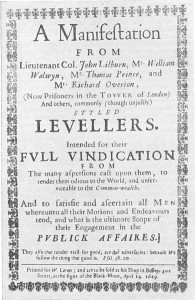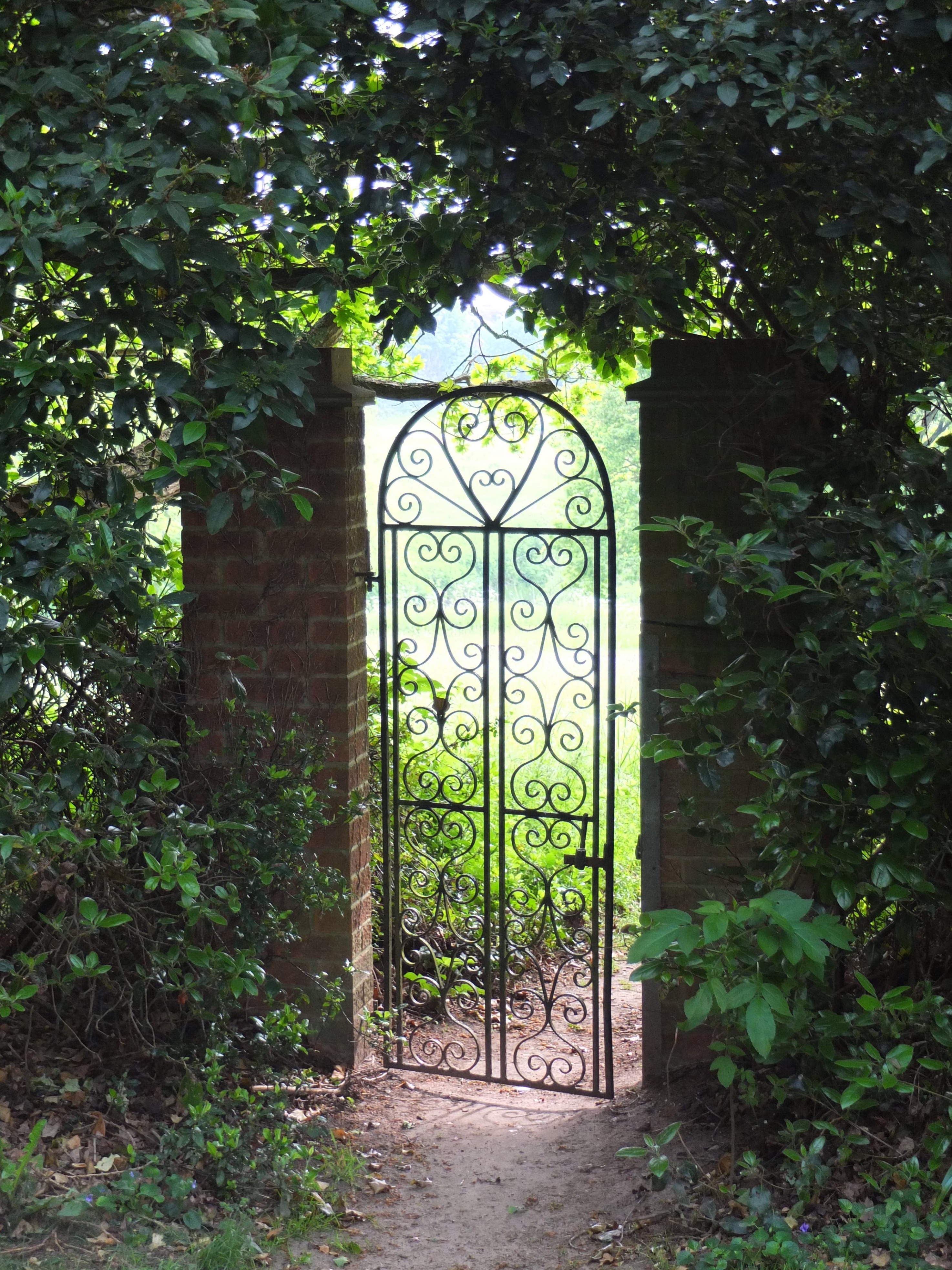 Realize that everything connects to everything else.
Realize that everything connects to everything else.
Leonardo da Vinci
Proof yet again – if proof were needed – that all things within our consciousness are bound together by a common strand and that even when one is unaware of the fact connections are being made which only become apparent after the event…
To whit…
I wrote a couple of posts some few weeks or so ago on the subject of the chancellor – George Osbourne’s – speech to the Tory party conference – under the banner “The World Turned Upside Down“. I chose this particular appellation largely on the back of the quotation – by Pope Alexander VI to Lucrezia Borgia – that I had used as the strap line for the second of those posts.
The phrase itself is well known but – as is sadly all too often the case – I had not at that point adequately considered its origins. I later felt moved to look it up – as I should have done in the first place.
“The World Turned Upside Down” has its origins as a ballad (of uncertain authorship) which dates from the 1640s. It was penned as a polemic against the puritan parliament’s edict that Christmas should be henceforth be regarded as a solemn religious festival – thus banning the kind of pagan celebrations with which we are now familiar.
The ballad should not be confused with the considerably more modern ditty which bears the same title but which was written in 1975 by Leon Rosselson and later recorded by Billy Bragg. This song is in turn frequently confused with the “Diggers’ Song” (also known as “Levellers and Diggers“) which is another 17th-century ballad, inspired by the Digger movement and composed by Gerrard Winstanley.
Leon Rosselson took the title for his song from the synonymous book by the Marxist historian, Christopher Hill, the subtitle of which is “Radical Ideas During the English Revolution”.
The period of chaos that marked the English Civil Wars – the ‘English Revolution’ – that confrontation between the monarchy (with its belief in the divine right of kings) and parliament (determined to establish democracy – however primitive in form) re-invigorated a radical tradition that had previously been rigorously suppressed whenever heads had been raised above the parapet. A variety of movements – the Diggers, the Levellers, the Ranters, the Quakers (very different in nature to the movement we know today) and the Fifth Monarchists – flourished for a brief but significant period.
“All well and good” – I hear you say – “but what has this to do with connections?”
Well – the period immediately following the civil wars – the protectorate of Oliver Cromwell and the subsequent restoration of the monarchy – is also know as the Golden Age of Piracy. These historical strands are – without doubt – interconnected, there being solid grounds for believing that the rise of piracy was at least partially rooted in English radicalism…
…and it just so happens that I have recently been reading extensively and widely on the subject of piracy – for an embryonic project to which I will no doubt return within these posts before too long.
Altogether now – “Arrrrr!”…


Recent Comments